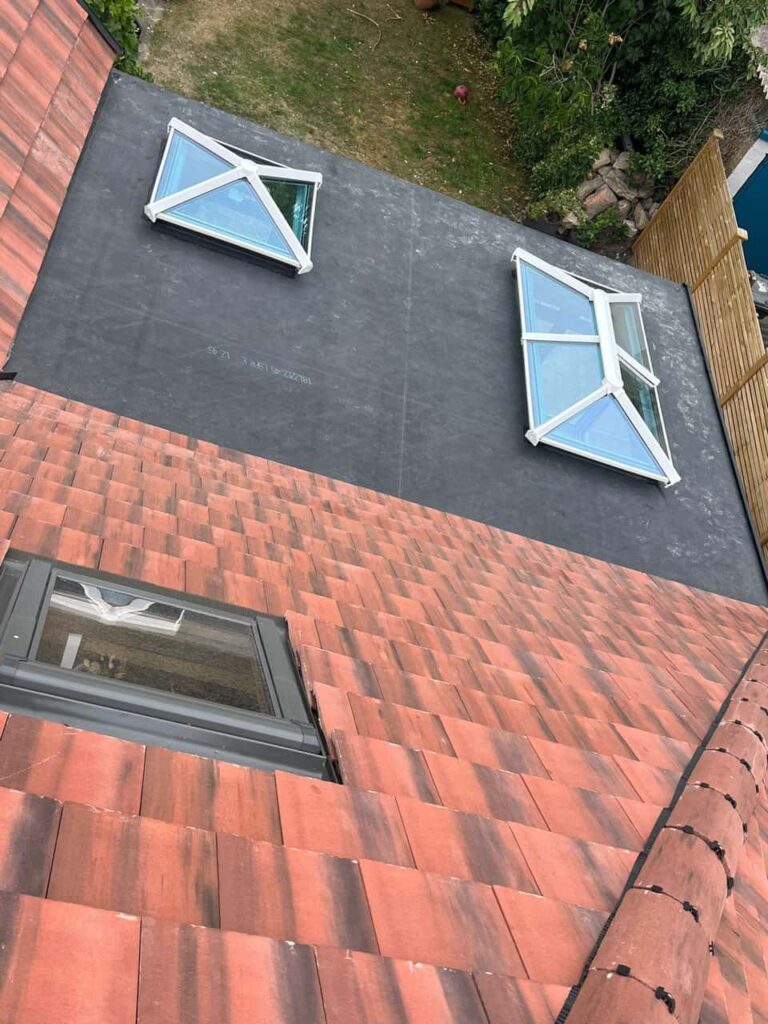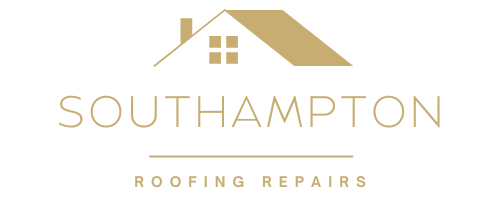When it comes to roof repairs, there is a significant difference between commercial and residential projects. Both types of roofing require a high level of expertise and care, but the scale, complexity, and materials involved in commercial roofing often present unique challenges that residential roofing does not. Understanding these differences is crucial for anyone considering roofing work for either a home or a business. In this article, we will discuss how commercial roof repairs differ from residential projects, highlighting the key factors that set them apart.
1. Size and Scope of the Project
The most obvious difference between commercial and residential roof repairs is the size of the project. Residential roofs are typically smaller, covering a single building or home, whereas commercial roofs are much larger, often spanning large buildings, office blocks, warehouses, or shopping centres.
- Why It Matters: The larger scale of commercial roofs means that the repair work must be carried out on a much bigger surface area. This can increase the time and labour required for repairs, as well as the amount of materials needed. Commercial roofing projects require careful planning and resource allocation to ensure efficiency.
2. Roofing Materials Used
Commercial roofs often use different materials than residential roofs. While many residential roofs are covered with asphalt shingles or tiles, commercial roofs are more likely to use materials like flat roofing systems, metal panels, or rubber membranes (such as EPDM). These materials are designed to handle the unique demands of large, flat surfaces and provide durability over time.
- Why It Matters: The choice of materials influences the type of repairs required. For example, flat roofs often have different challenges, such as water pooling or leaks caused by seams, which require specialised repair techniques. In contrast, pitched roofs typically have issues related to shingles, tiles, or flashing. A roofing professional must be experienced in working with the specific materials used on the roof in question to provide effective repairs.
3. Access and Safety Considerations
Accessing a residential roof is generally simpler than accessing a commercial roof. For residential properties, ladders or scaffolding may be sufficient, while commercial properties may require more complex access methods, such as cranes, aerial lifts, or scaffolding systems. Additionally, commercial roofs often require more extensive safety measures, given the height and size of the buildings.
- Why It Matters: Safety is a top priority in any roofing project, but it becomes even more crucial for commercial properties. With larger, more complex roofs, the risk of accidents increases. Roofing professionals need to follow stricter health and safety protocols, including using safety harnesses, fall protection systems, and ensuring that the proper equipment is in place to safely complete the work.
4. Regulatory and Legal Requirements
Commercial roofing projects are subject to more stringent building codes and regulations than residential projects. These regulations may include requirements for fire resistance, wind loads, or energy efficiency, which are critical for larger commercial properties. Additionally, commercial buildings are more likely to have their own set of specific guidelines to comply with, especially if the building is used for public services or housing tenants.
- Why It Matters: Commercial roofing contractors must be familiar with these regulations and ensure that all repairs are carried out to code. Failure to comply with local building codes and regulations can result in fines, delays, or the need to redo the work. For residential roofs, the regulations may be less complex, but they still need to be followed to ensure the safety and integrity of the property.
5. Maintenance and Longevity Expectations
While both commercial and residential roofs need regular maintenance, commercial roofs often require more frequent inspections and repairs due to their larger surface area and exposure to more wear and tear. For example, a large commercial roof may experience more debris build-up, foot traffic, and weather exposure, leading to faster deterioration.
- Why It Matters: Commercial roof repairs often need to focus on long-term solutions, such as ensuring the roof can handle the demands of the building for years to come. Residential roofs, on the other hand, may require less frequent attention, with repairs typically focused on individual issues like leaks or damaged shingles. Regular, proactive maintenance is key for both types of properties, but commercial roofs require a more comprehensive, ongoing maintenance plan.
6. Cost and Budgeting
Because of the larger scale, different materials, and increased complexity, commercial roof repairs typically cost more than residential repairs. The need for specialised equipment and materials, as well as the increased labour time required, all contribute to higher expenses for commercial roofing projects.
- Why It Matters: Business owners need to budget accordingly for commercial roofing repairs and consider factors such as the type of materials, labour costs, and any additional safety measures. For residential roofing, repairs may be more affordable and less resource-intensive, but they still require careful financial planning to ensure quality repairs are made.
Conclusion
Commercial and residential roof repairs both serve the important function of maintaining the integrity and safety of a building, but the processes, materials, and considerations involved differ significantly. Commercial roof repairs tend to be larger in scale, require more specialised materials and access methods, and are subject to stricter regulations and safety standards.
If you’re a business owner in Southampton or the surrounding areas and need professional roofing services, it’s crucial to work with a team that understands the unique demands of commercial roofing projects. At Southampton Roofing Repairs, we have the expertise and experience to handle both residential and commercial roof repairs, ensuring that your property is in safe hands.
Contact us today to discuss your roofing needs, and we’ll help you protect your building with high-quality repairs that meet all safety standards and regulations.
Call us on: 023 8235 1781
Click here to find out more about Southampton Roofing Repairs
Click here to complete our contact form and see how we can help with your Roofing needs.

